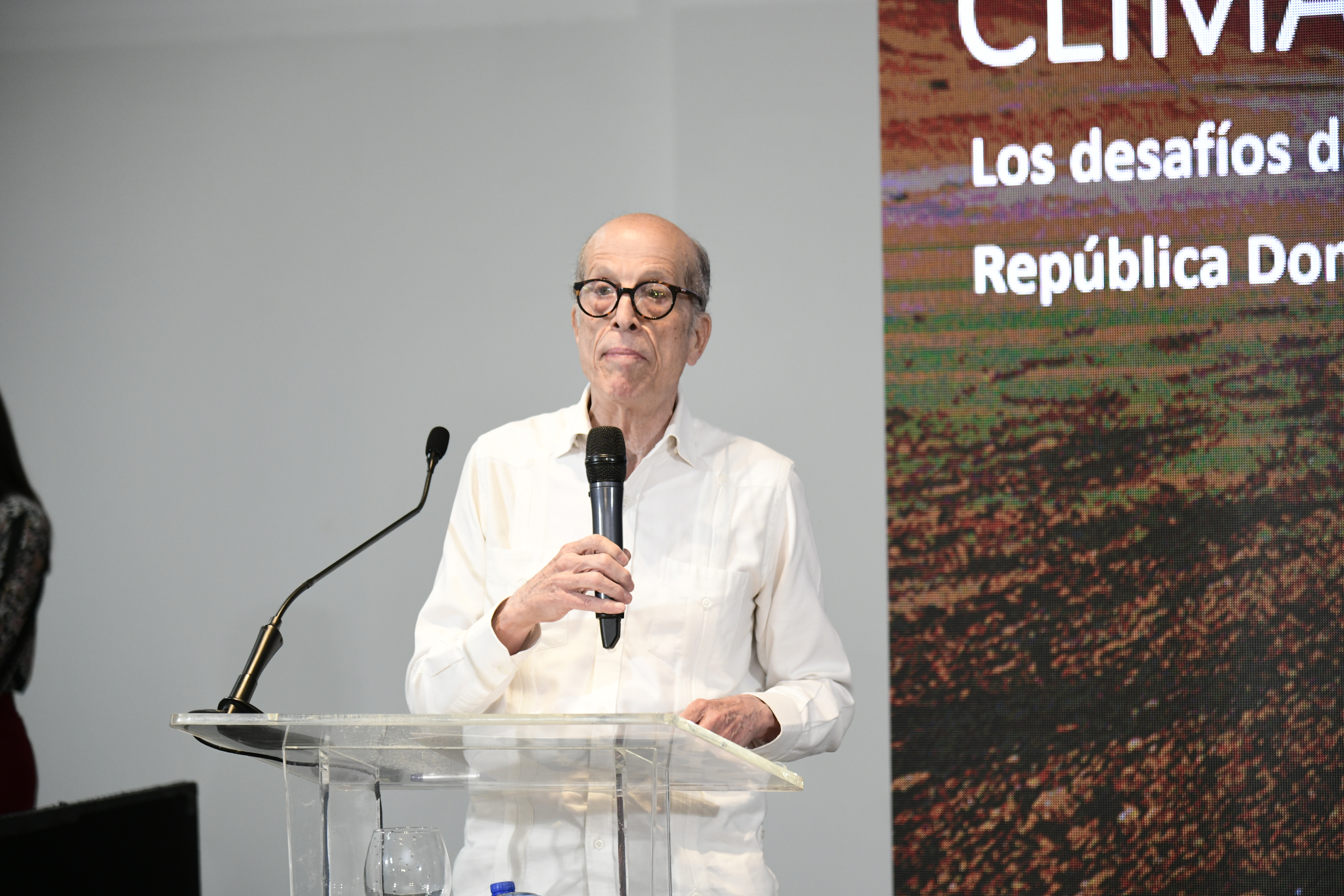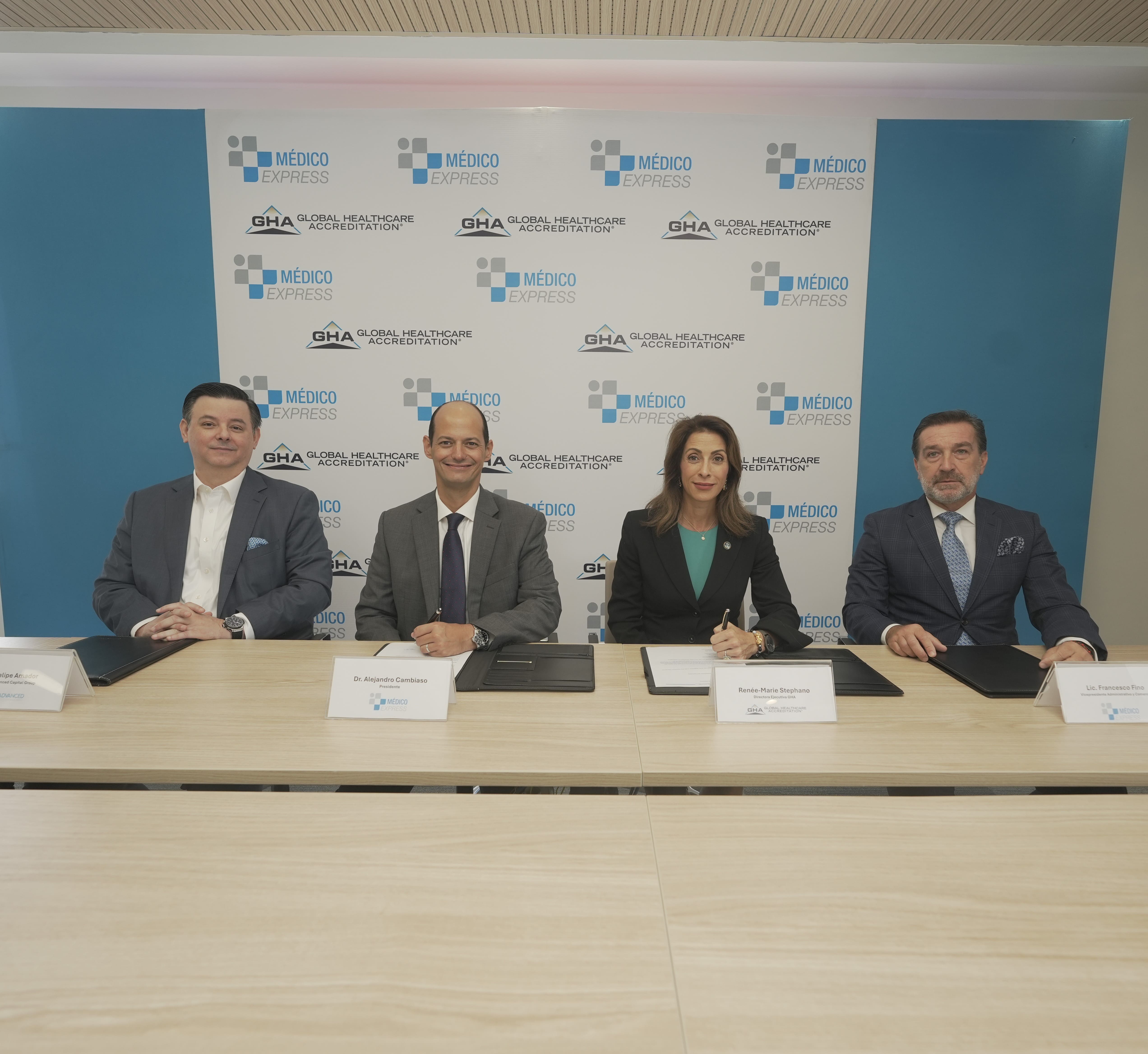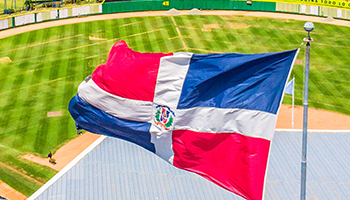The DR has the Potential to Become a Leader in Nautical Tourism, Experts Say
 | The DR has the Potential to Become a Leader in Nautical Tourism, Experts Say The Dominican Republic has “huge potential” to become a leader of nautical tourism. For this to happen, however, it is necessary to overcome some challenges that hinder the development of this tourism segment that could generate significant revenues to the national economy. The statement was made by Patricia Guzmán Parra, Director of the Department of Environment at the law firm DMK Abogados – Central Law, in the framework of the Annual Dominican Forum on Tourism 2015 (FODATUR). She highlighted the institutional and legal challenges to overcome in order to boost nautical tourism in a sustainable manner. “Up until now we used to understand that national public policy is confined to the land limits, turning away from the world of opportunities that the sea represents for this half of the island,” she explained. Guzmán said that the regulatory framework of nautical tourism is “almost zero,” that there are initiatives in this area that have years “in the works without success” at the National Congress, and that the current regulations are dispersed and sometimes seem ambiguous, which results in a challenge facing the strengthening of the sector. “I consider that it is necessary to have an effective regulation that is in line with the new needs of the sector.” This regulation should govern all matters relating thereto and clearly establish the requirements for navigation, registration of vessels, navigation permits, maritime registry, rescue and safety of navigation, among others. According to Patricia Guzmán, licensing, certification and the issuing of permits for entry, transit and departure of tourist and sports and recreation vessels is a challenge in regards to facilitating navigation in Dominican territorial waters. After noting that nautical tourism has traditionally been perceived as an activity of “luxury and exclusive to a small elite,” Guzmán understands that it is appropriate to create the necessary mechanisms to facilitate the procedures regarding the issuing of navigation permits in the country. “Nautical tourism depends entirely on the conservation of coastal and marine resources, which will only be possible through the successful integration of the public and private sectors,” said Patricia Guzmán. She indicated that the State has the challenge of maintaining a position of active intervention under the principle of prevention, i.e., act early, before the occurrence of any event that could be detrimental to the environment, through education, monitoring, and control mechanisms. The great challenge of the country –she declares– is the development of sports harbors and marinas along our coasts, where recreational vessels can “anchor” with ease, and thus make the growth of nautical tourism possible. “The development of nautical tourism may be possible by building more sports harbors, which should not be luxurious, but should possess the necessary characteristics to offer quality services to the owners of boats, yachts, and small boats, who wish to dock at our shores for any purpose.” In her view, tourism is the main “pillar” of the national economy, which is why the State is committed to promoting and offering a variety of attractions that the country has to offer in this area, among which it is prudent to include activities associated to nautical tourism. The expert states that cruise tourism has been traditionally promoted as part of this segment; however, it is necessary to promote other products that are part of nautical tourism, such as diving, snorkeling, rowing, jet skiing, sport fishing, and others, in order to achieve a true expanded tourism offer. Guzmán considers necessary to support nautical tourism because -she understands- it is a fundamental part of the locomotive of the national economy, tourism, which is the reason why we must create conditions for its development “under strict standards of sustainability.” Photos |

Related News
-

(Versión en español) Inauguración de la XII Feria Semana de la Geografía 2024
-

(Versión en español) Sector construcción dominicano reunido este fin de semana en la IV Expo Construcción Puerto Plata
-

(Versión en español) Médico Express será pionero en RD con certificación de excelencia para turismo médico
-

(Versión en español) Realizan premiere de la nueva película "Canta y no Llores", coproducción entre República Dominicana – España
-

Dominicanos en Grandes Ligas
Las ultimas noticias/novedades de lo que acontece con los Dominicanos en las Grandes Ligas durante toda la temporada 2019.



